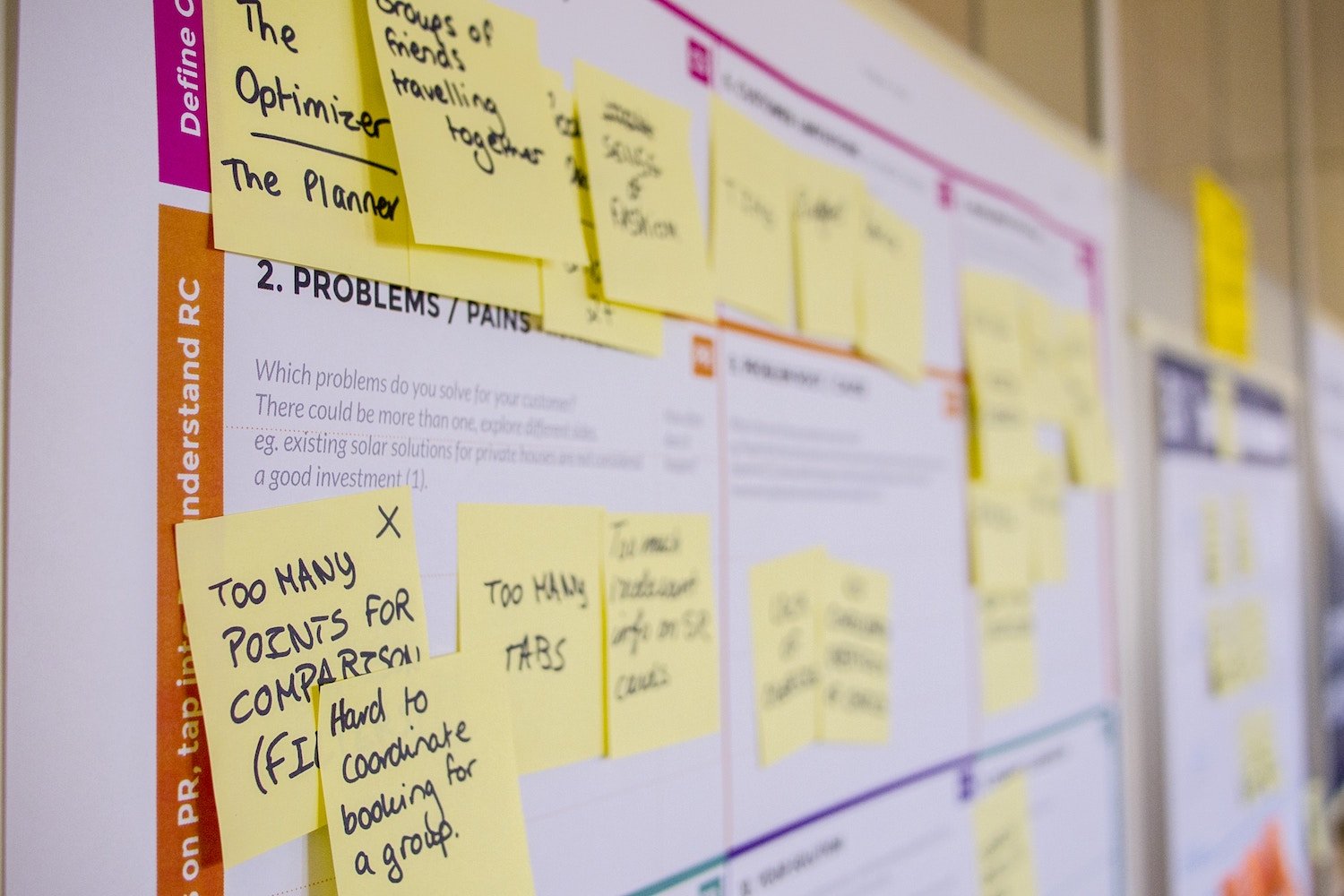
Effective communication is the first step towards taking accountability at work.
Every now and then, things tend to get a little hectic in the workplace. When work ramps up, some employees answer the call but some sink into quicksand. As managers, it’s our responsibility to prevent the whole team from going down in flames.
For some of us, our ability to go with the flow or adjust on the fly is a skill we’ve either always had or something we’ve adapted to. For others, it’s still a work-in-progress. This is where effective team collaboration comes into play.
Today, the breadth of collaboration and communication tools available for small and mid-sized businesses is something to marvel at. Industry research forecasted the collaboration software market to increase by 9% in 2019 to $45 billion. And that wasn't even accounting for the surge of remote work in 2020. By 2023, it’s predicted to reach $60 billion.
With modern collaboration tools, teams have round-the-clock accessibility like never before. But always being on and staying connected remains both a virtual blessing and a curse to core culture if you don’t do it right.
Still, no matter how you slice it, being able to hold each other accountable and pacing towards goals is crucial criteria for effective collaboration.
Of course, we have your back in that department. At Flock, we are collaborators by nature, so let us guide your flock in the right direction.
1. Communicate out of the gate before it’s too late
Communicating expectations is the first step towards taking accountability and ownership of your work. If nobody knows where the bar is set, then accountability becomes subjective and goalposts start to shift.
A common mistake managers make is failing to communicate expectations upfront because they’re worried about damaging team morale. But in order to prevent mishaps from turning into catastrophes, communication needs to be emphasized and omnipresent.
Ask questions that require more than just yes or no answers. If you happen to be using an all-in-one communication tool like Flock, be sure to share project deliverables directly in the team channel as a frame of reference. This helps keep the Q&A focused on the work and not the worker.
Keep in mind, not all problems are yours to solve. Part of holding your team accountable through open communication is encouraging them to work through challenges as a team. Providing honest feedback and support on a consistent basis lets your team know you’re there if they need help.
Communicate until you find a workable solution and then make sure a fix is in the works to get your team back on track.
2. Big or small, stay on the ball
Just because you’re a small team doesn’t mean you shouldn’t think big.
It’s not news that smaller teams typically work more hours than larger ones simply because there’s always more work to do and not enough people to do it. Working together gets things done faster compared to people who work on isolated projects alone.
In order to achieve goals, effective team collaboration needs to thrive. And for that to happen, managers need to stay on the ball.

Teams usually take a divide and conquer approach that winds up creating too many one-off assignments which are hard to keep track of. It can also dismantle that team chemistry you’ve worked so hard to cultivate. The smarter approach is to team-up on projects and use productivity tools to track your progress and hold each other accountable.
At Flock, we stay on top of our projects by communicating with each other over instant messenger and completing tasks in Asana 🦄. All of our work, including our conversations, ideas, and deliverables, stays online and in sync whenever we need access to it.
All things considered, Flock (and other productivity tools like it) makes it insanely easy for teams of all sizes to stay on top of everything.
3. Automate your pace in the workplace
Today’s workplaces move fast—it’s a mystery why more things don’t fall through the cracks. But speed and agility account for a lot. Getting things done faster and being able to adjust on a whim give a serious boost to your team’s momentum.
Process automation helps you do just that. It can shave hours—if not days—off your deadlines and take the stress out of keeping up with the pace. Flock’s built-in process automation tool lets you streamline repetitive actions and customize workflows while tracking progress in real-time.
Automation works to eliminate unnecessary distractions and keep your team focused on the specific tasks at hand. Furthermore, it lets managers easily assess the analytics they need to gain key insights on how team members are performing, especially if someone is falling behind.
Workflow automation literally shows you who is responsible for what and when. This new standard of technological transparency takes excuses out of the equation and reduces inefficiencies that arise from a lack of accountability.
Smarter workflow automation tools can streamline your operations tenfold and keep you pacing ahead of schedule.







